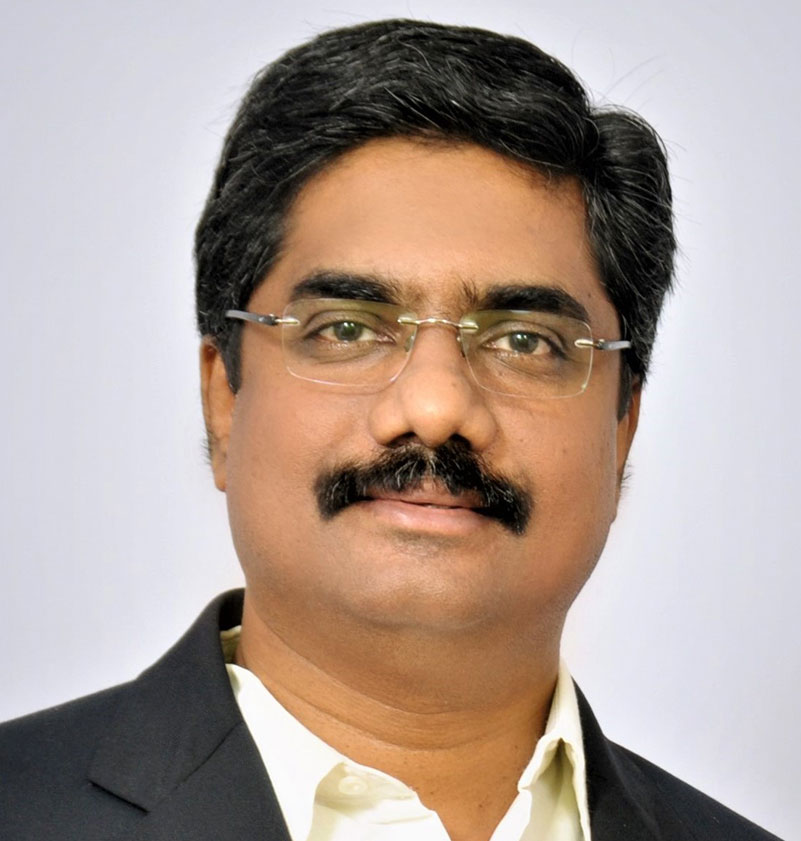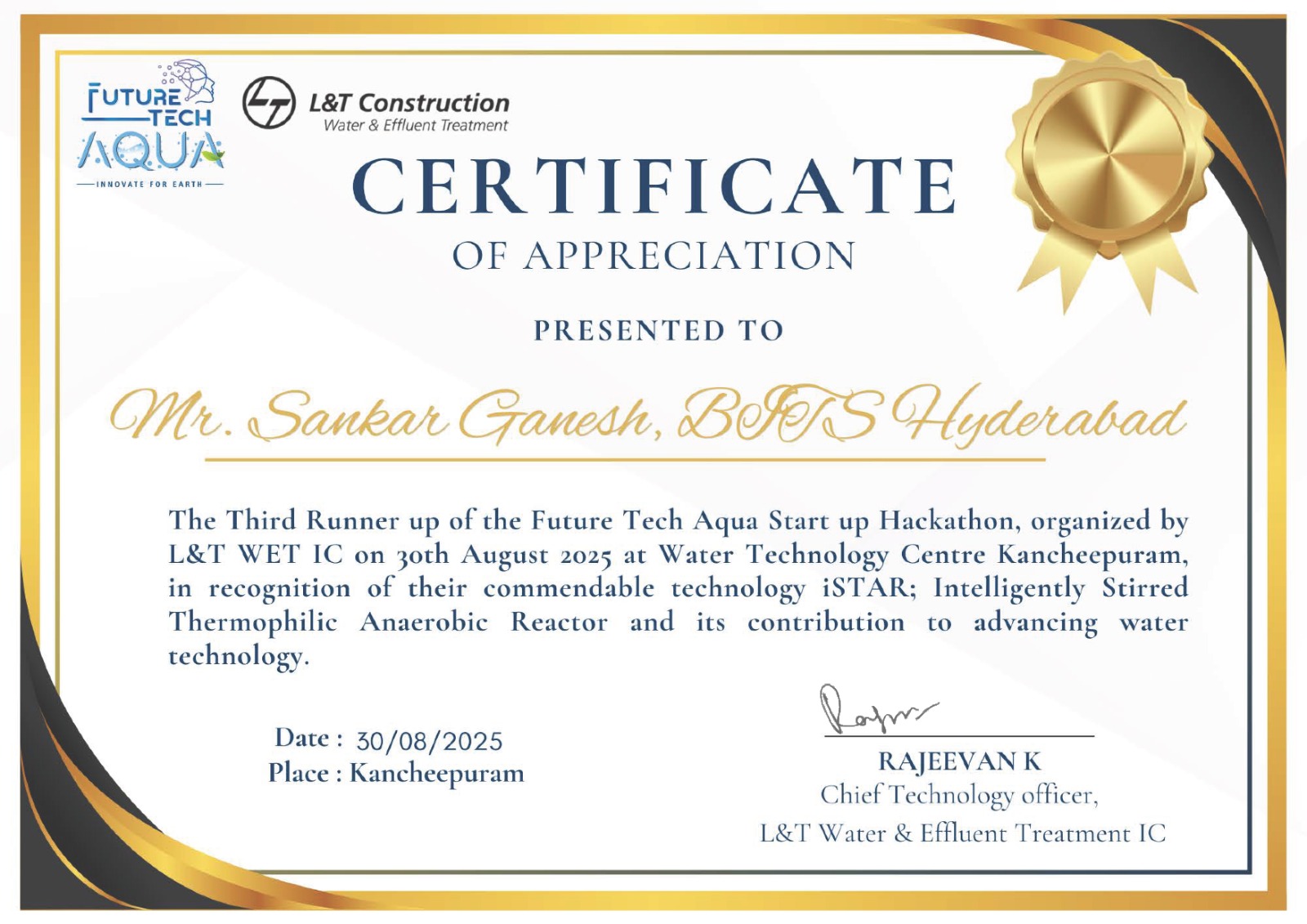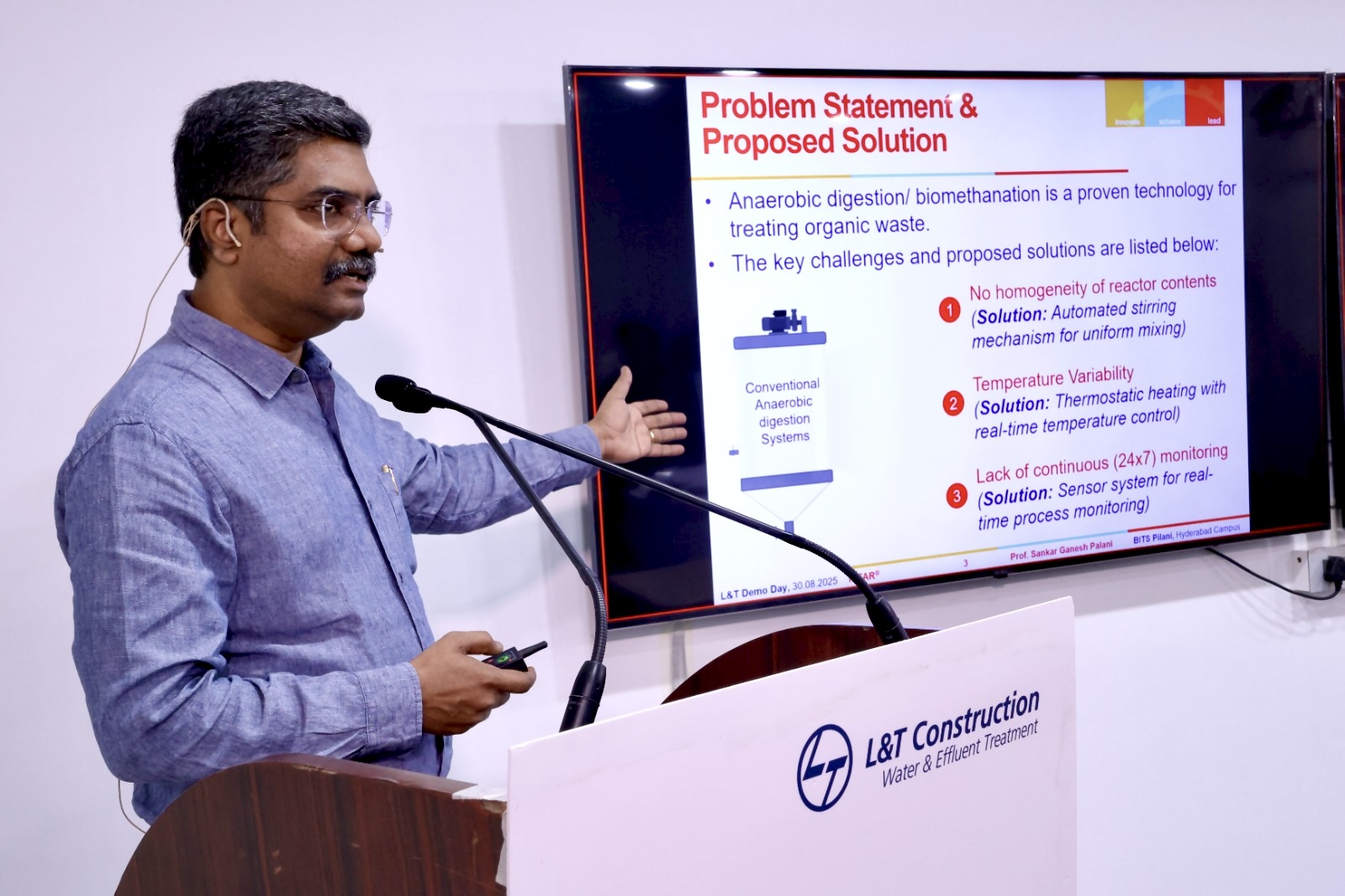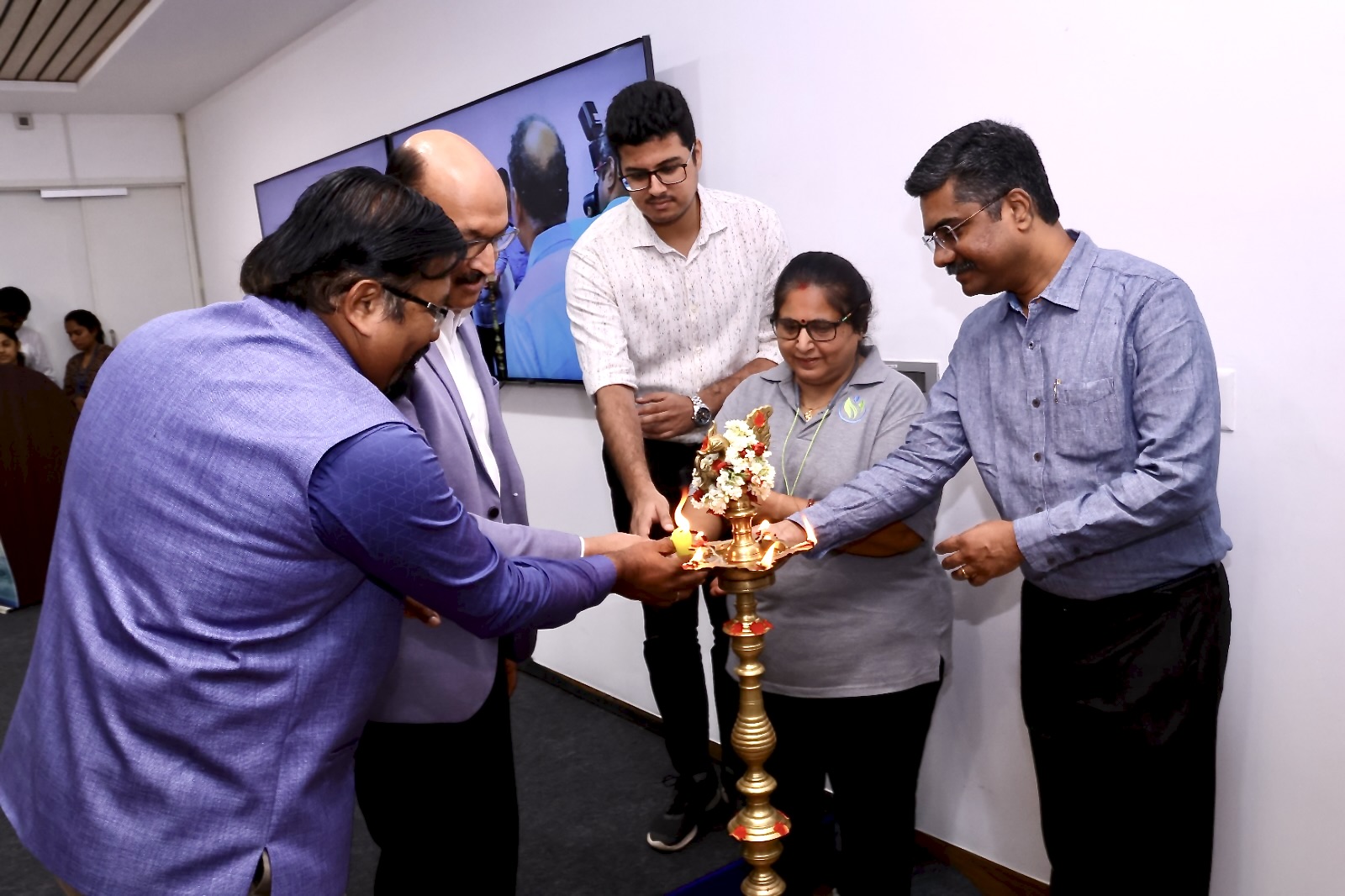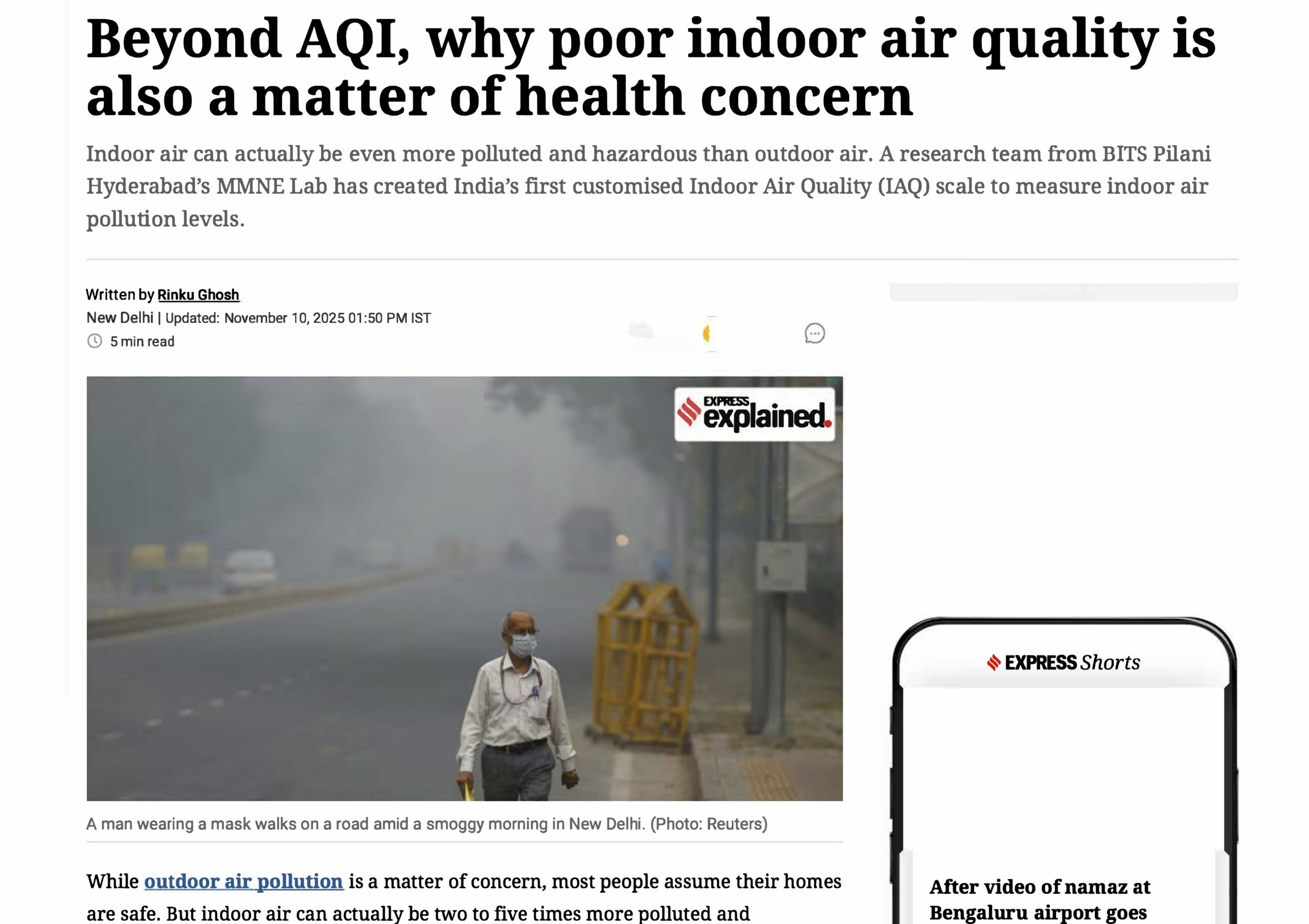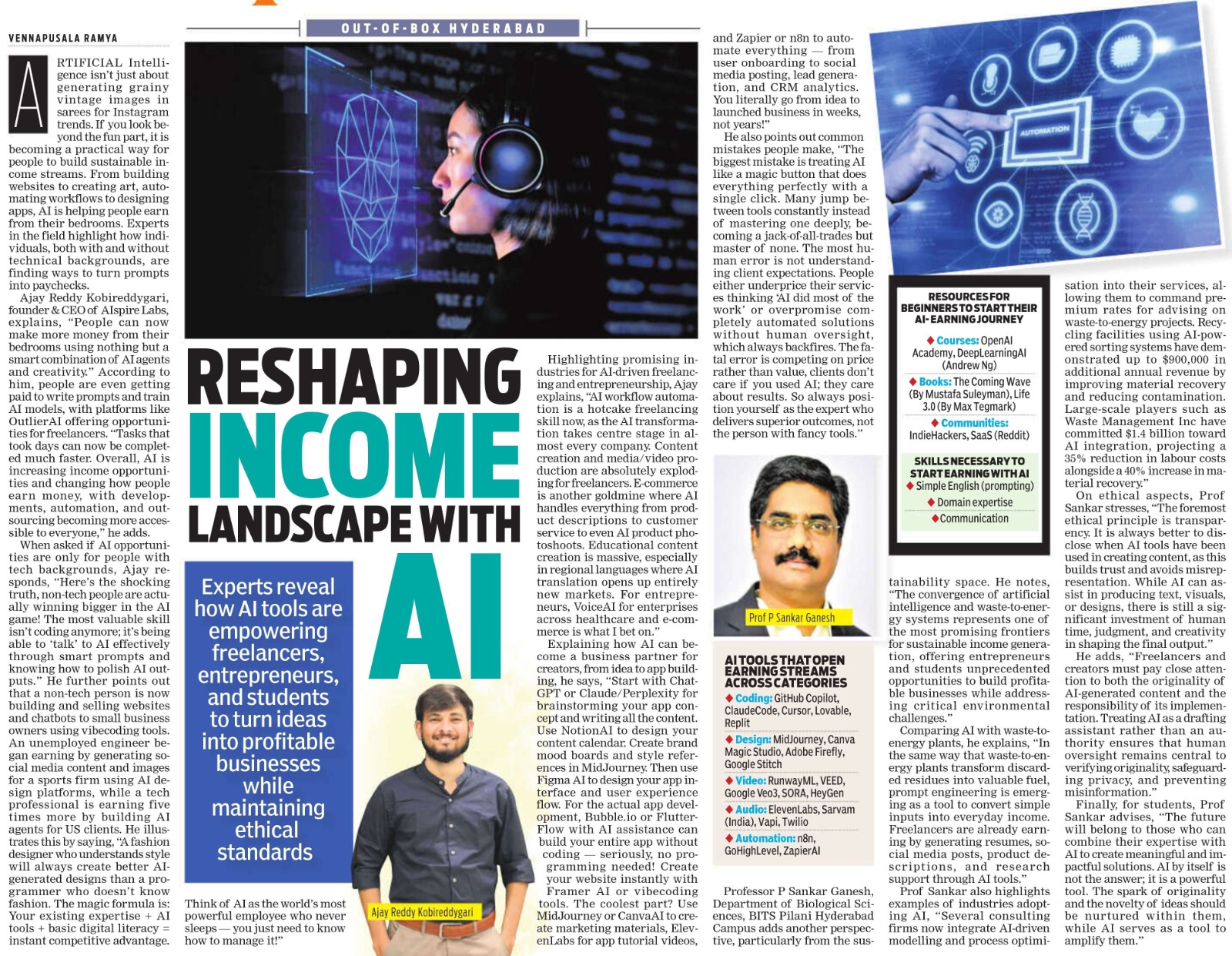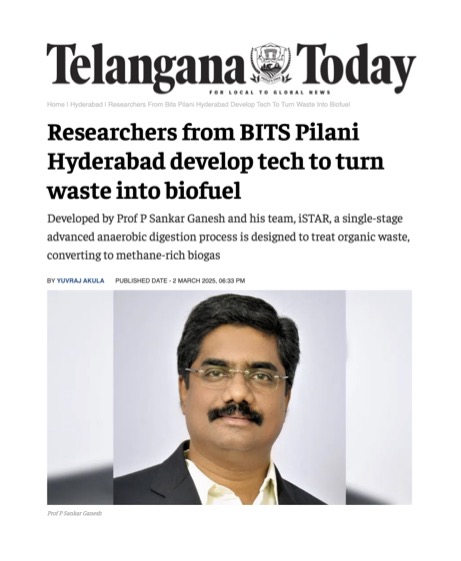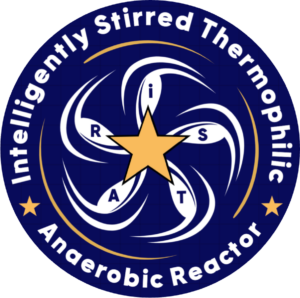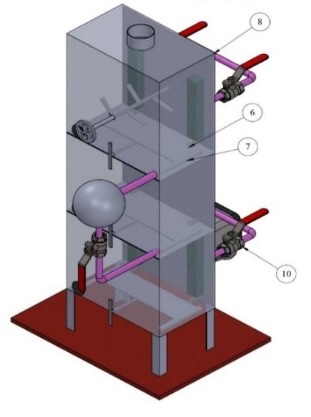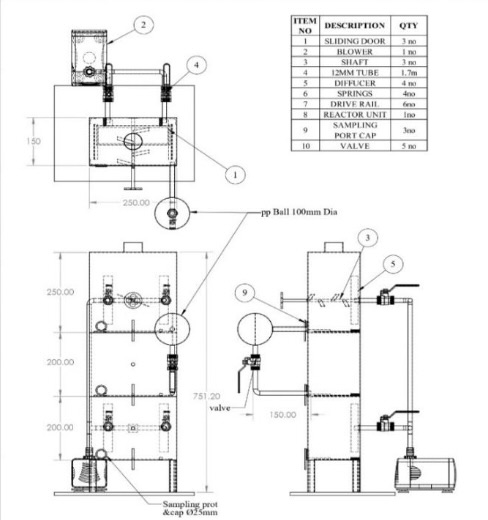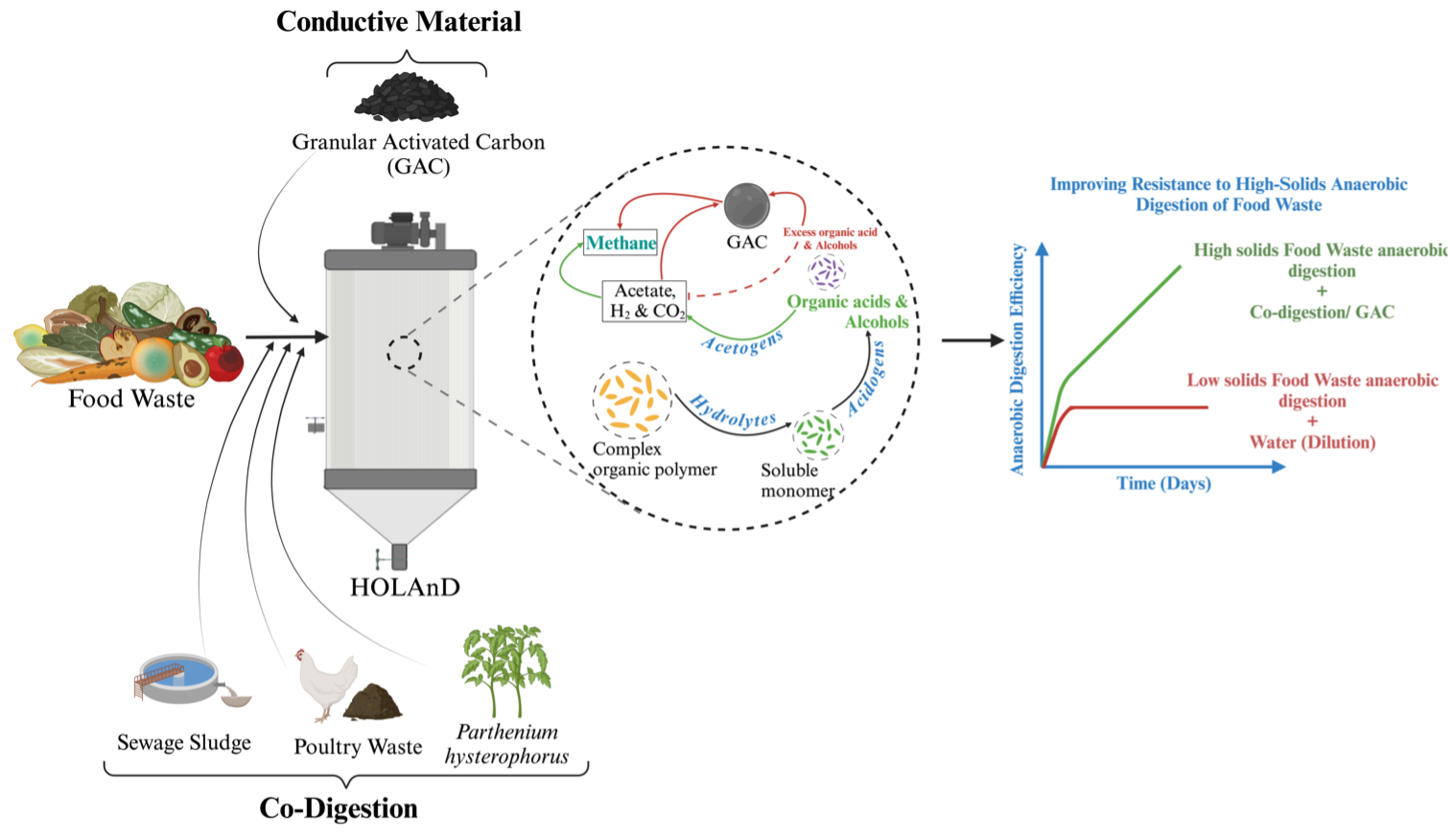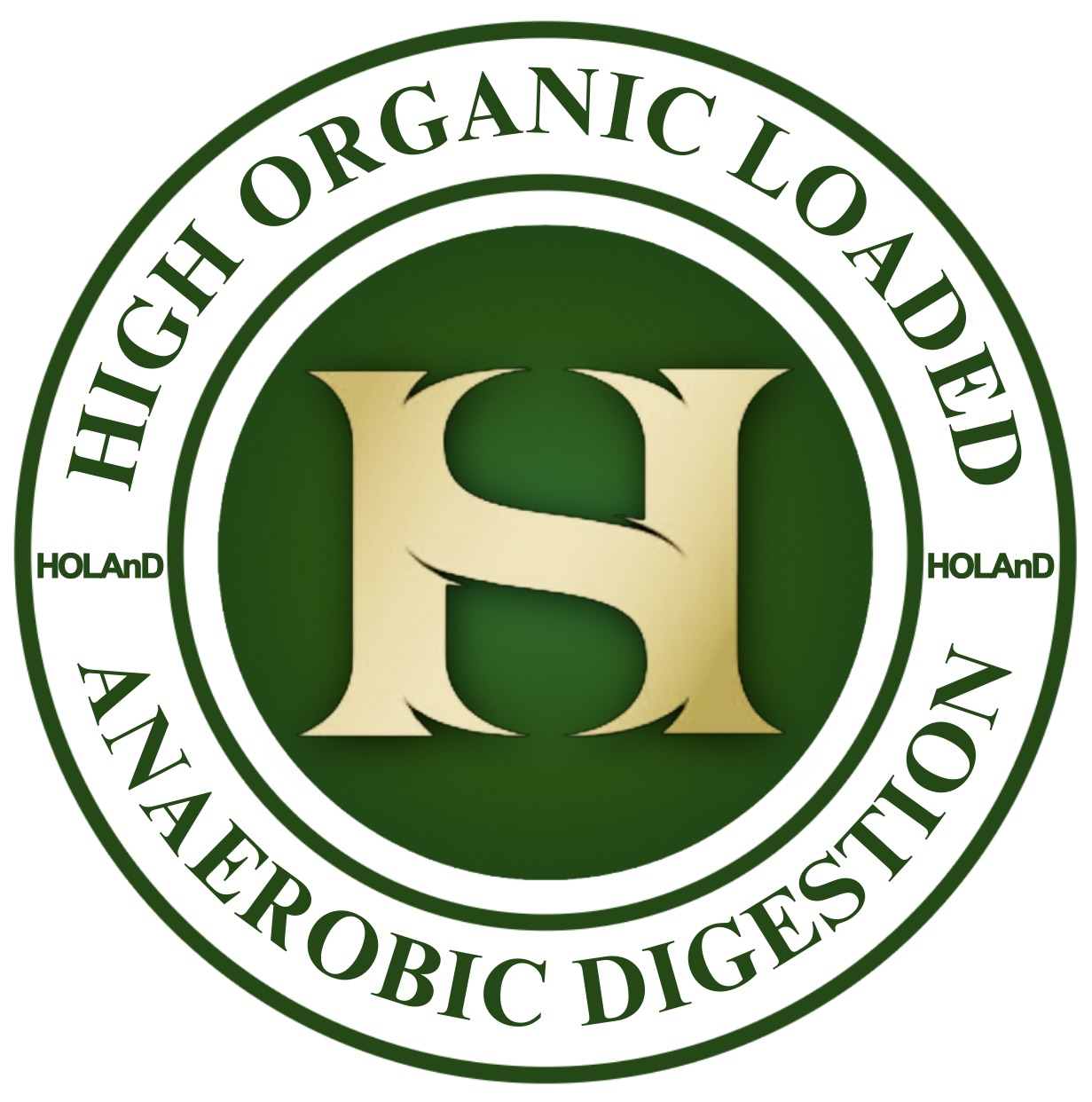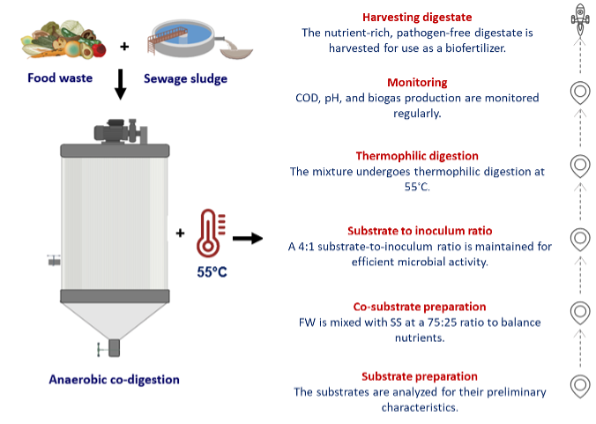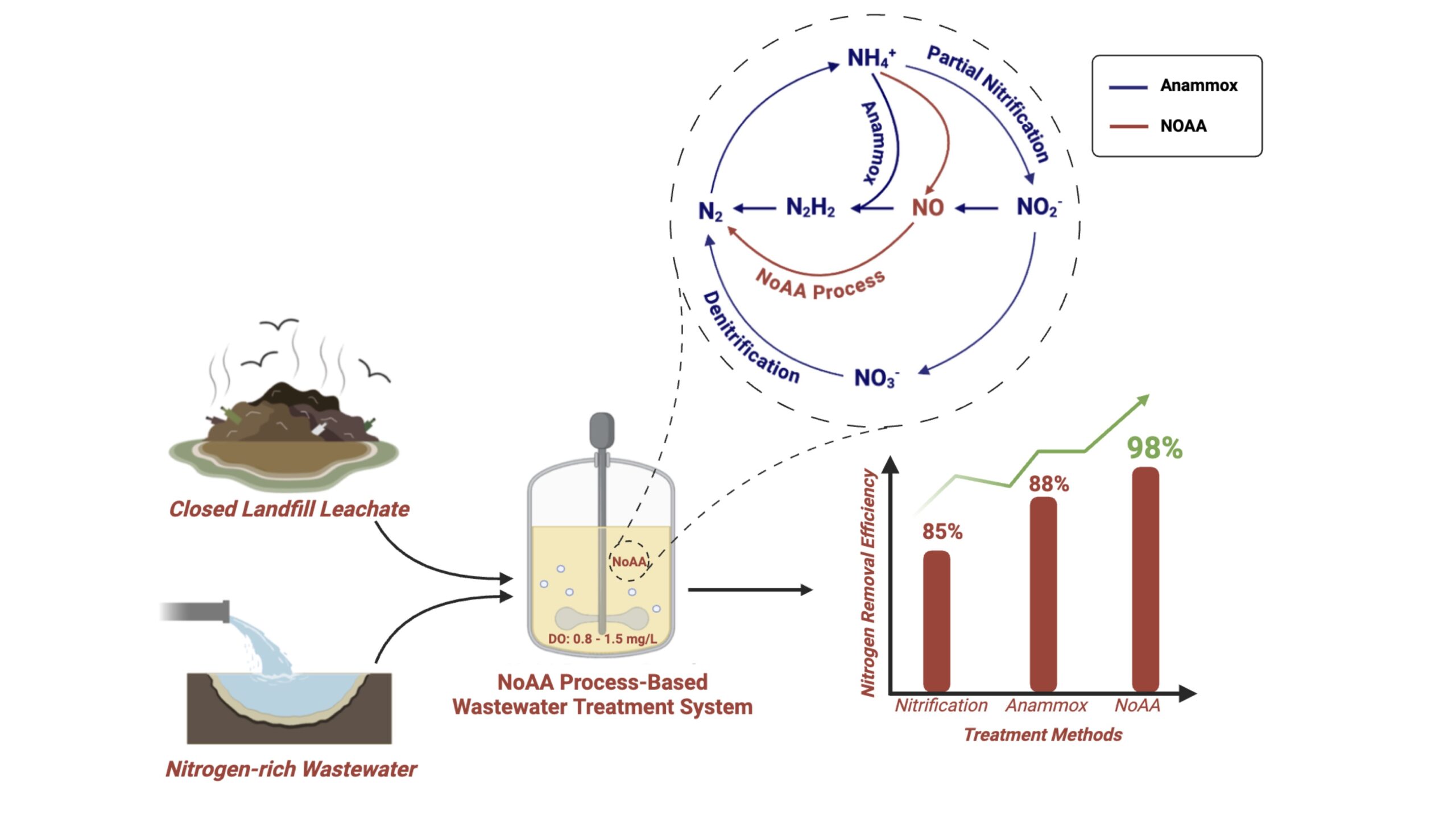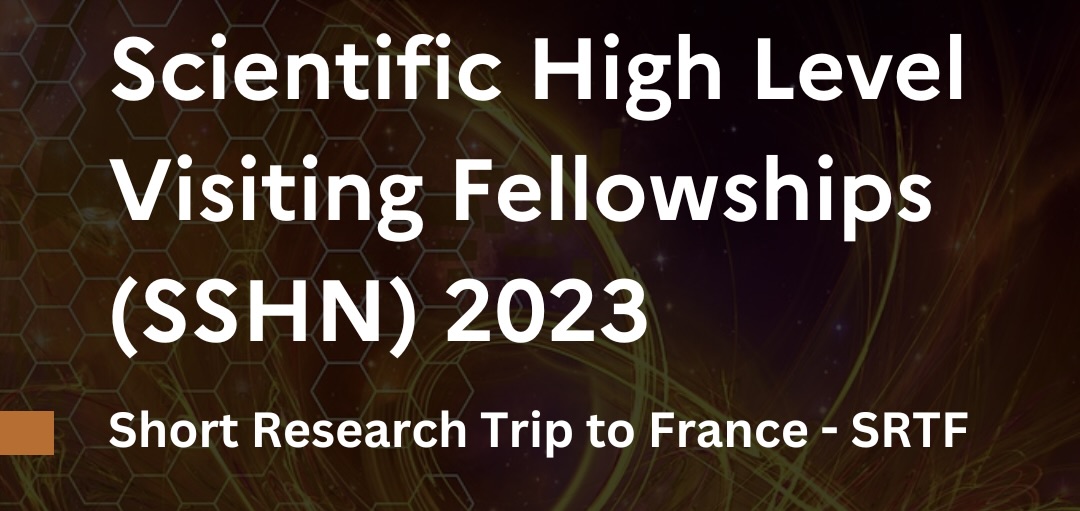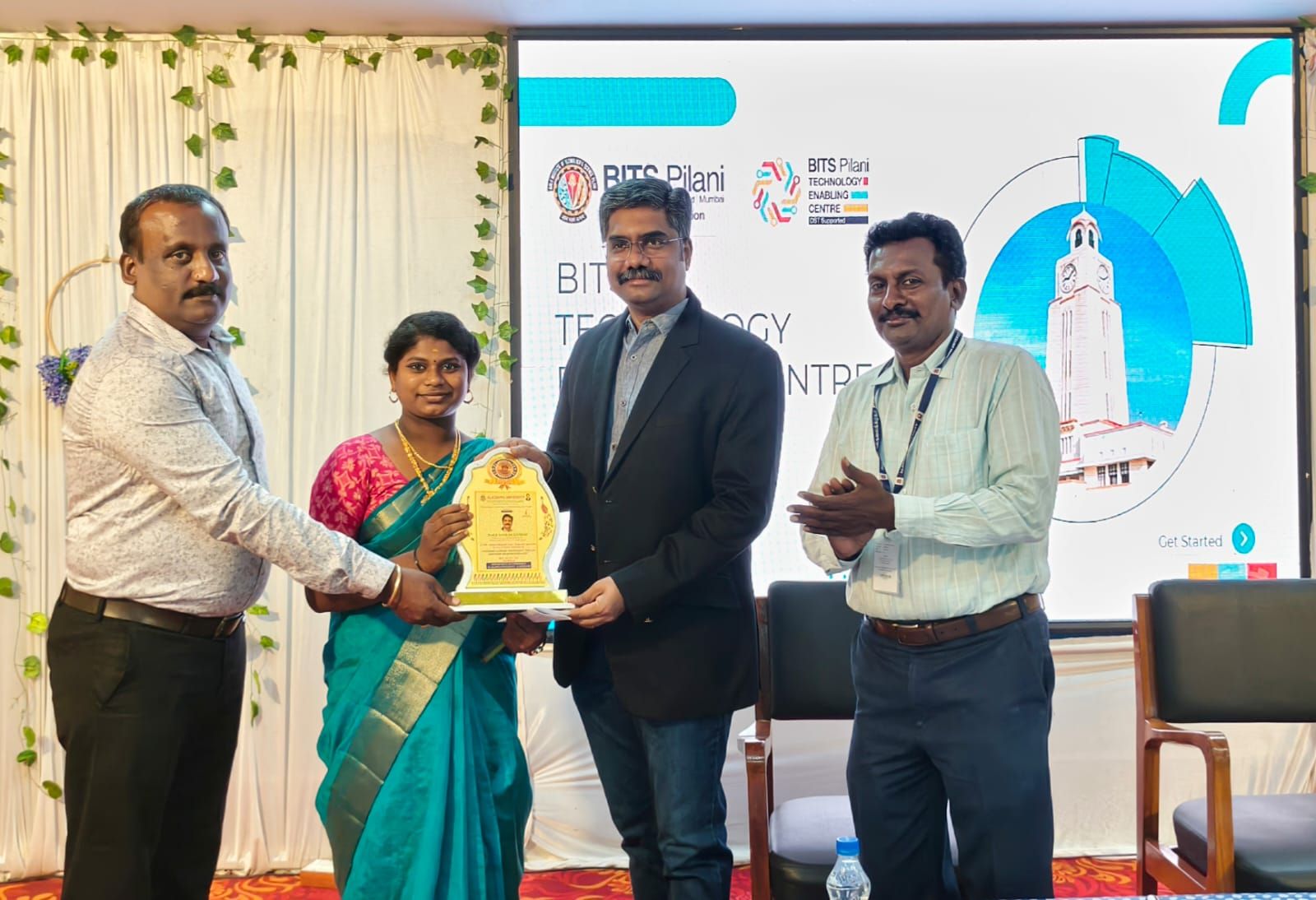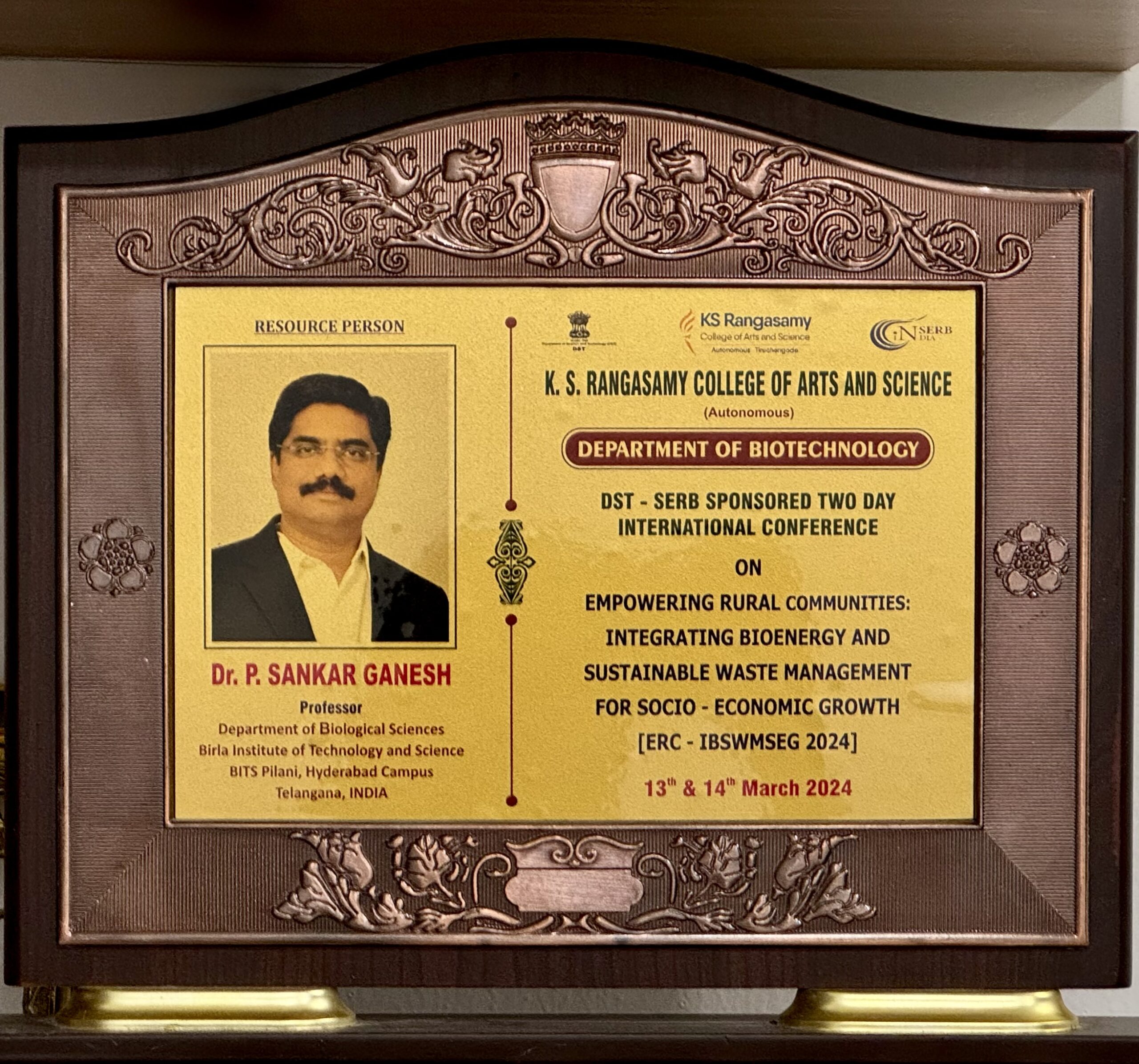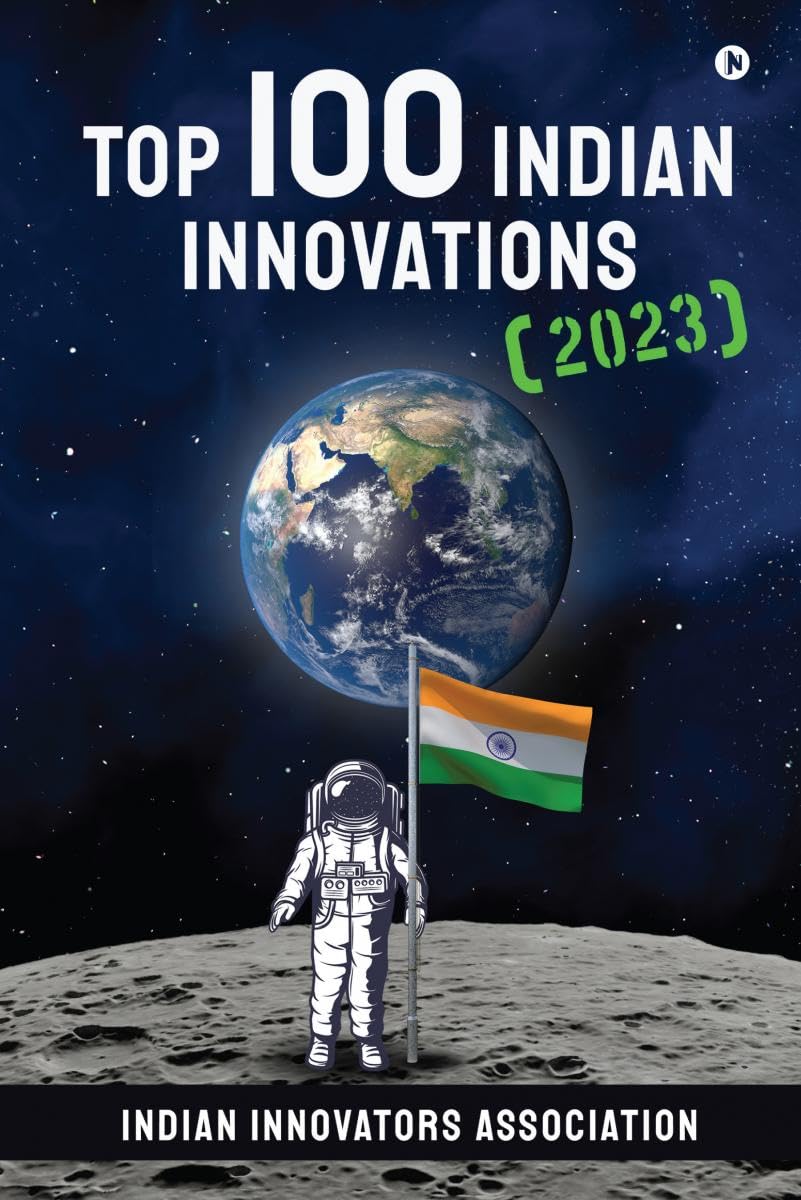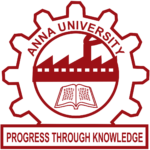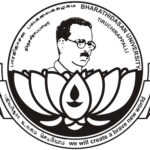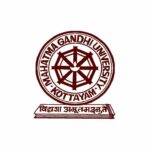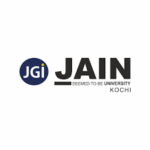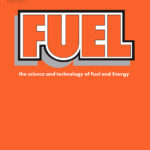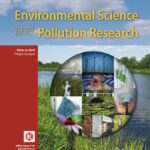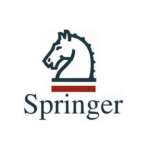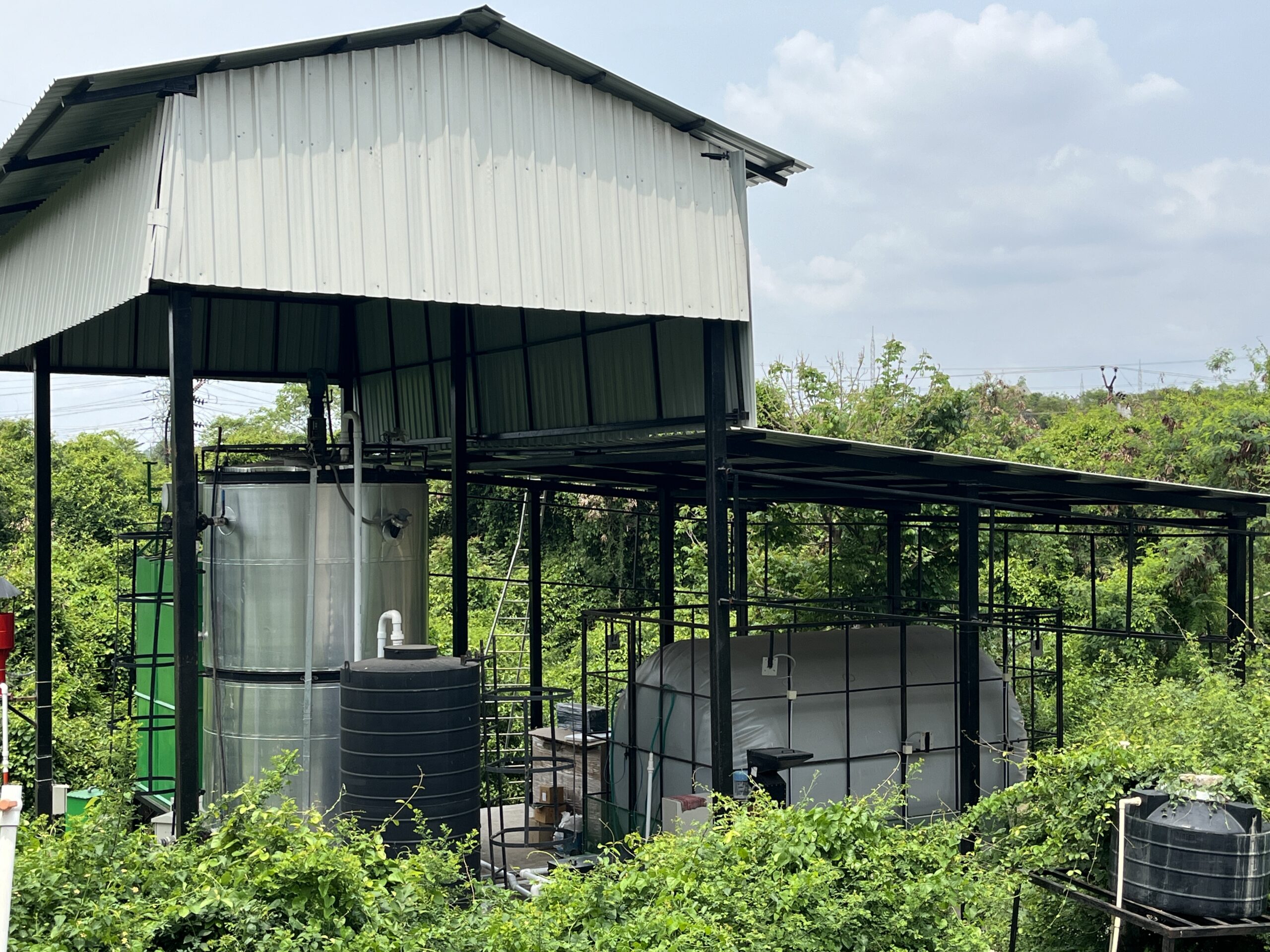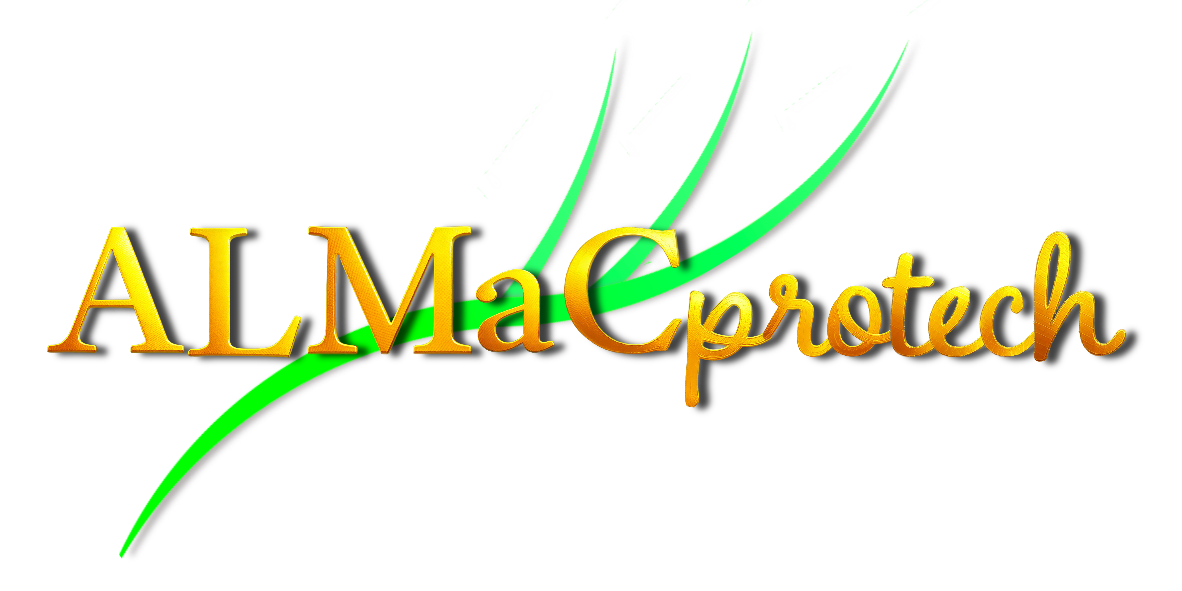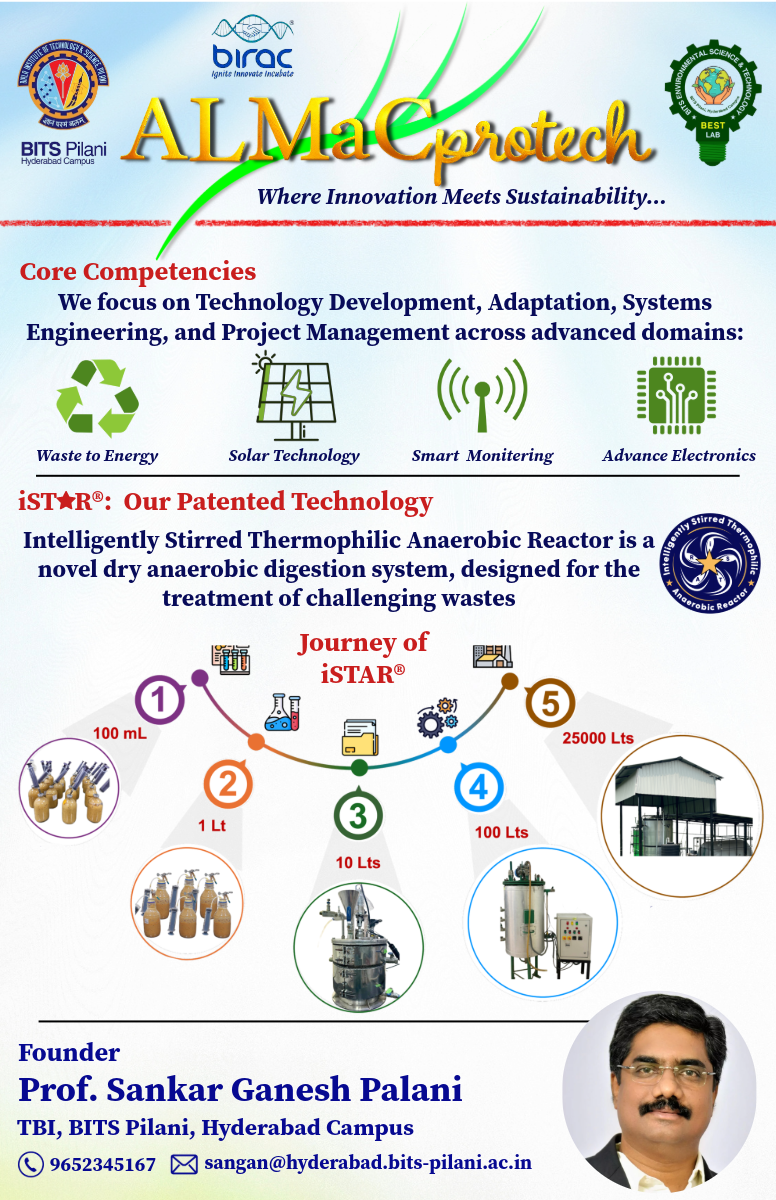Member, WILP & Industry Connect, Project Lakshya (October, 2018)
Nucleus Member, Instruction Division (August, 2009 to December, 2012).
Member, Curriculum Bench marking for MSc Bio Sc, BE Biotech & ME Biotech programs (March, 2010).
Faculty Member, Academic Counseling Cell (August, 2010).
Member, Curriculum Restructuring: Ecology & Environmental Science and Plant Physiology (July, 2011).
Member, Departmental Research Committee, Dept. of Biological Sciences (July, 2011 to February, 2013).
Program Coordinator, National Service Scheme (February, 2011 to September, 2012).
In-charge, Timetable, Instruction Division (August, 2011 to September, 2012).
Convener, Prof. V. S. Rao Prize for Innovation in Education (December, 2011).
In-charge, Course Management System (January 2012 to December, 2012).
Campus Coordinator, French courses, Alliance Francaise of Hyderabad (February, 2012 to September, 2012).
Invited Faculty Member, Student Faculty Committee (March, 2012).
Process Owner, Learning Management System, Enterprise Resource Planning (May, 2012).
Lead Faculty Innovator, Centre for Innovation (August, 2012 to February, 2015).
Faculty In-charge, Placement Unit (September, 2012 to February, 2014).
In-charge, Student Feedback & Monitoring, Instruction Division (September, 2012 to December, 2012).
Faculty In-charge, Centre for Innovation, Incubation & Entrepreneurship (June, 2013 to February, 2015).
Leader, Innovation & Entrepreneurship, Mission 2015 (June, 2013 to March, 2016).
Associate Dean, International Programmes and Collaboration Division (January, 2014 to July, 2018).
Convener, Departmental Committee for Academics (November, 2016 to October, 2018).
Campus Coordinator, Project Management Office, Project Lakshya (August, 2017 to December, 2017).
Member, Departmental Research Committee (September, 2019 to November, 2020)
Associate Dean, Practice School Division (July, 2018 to September, 2021).








